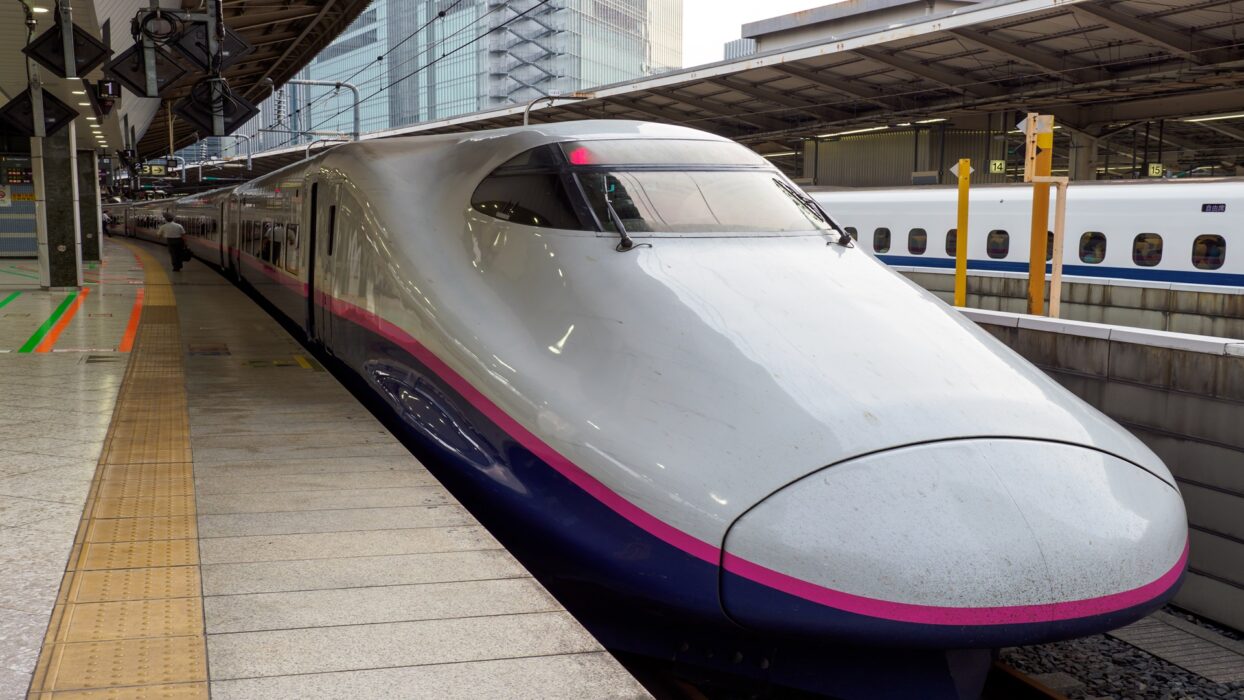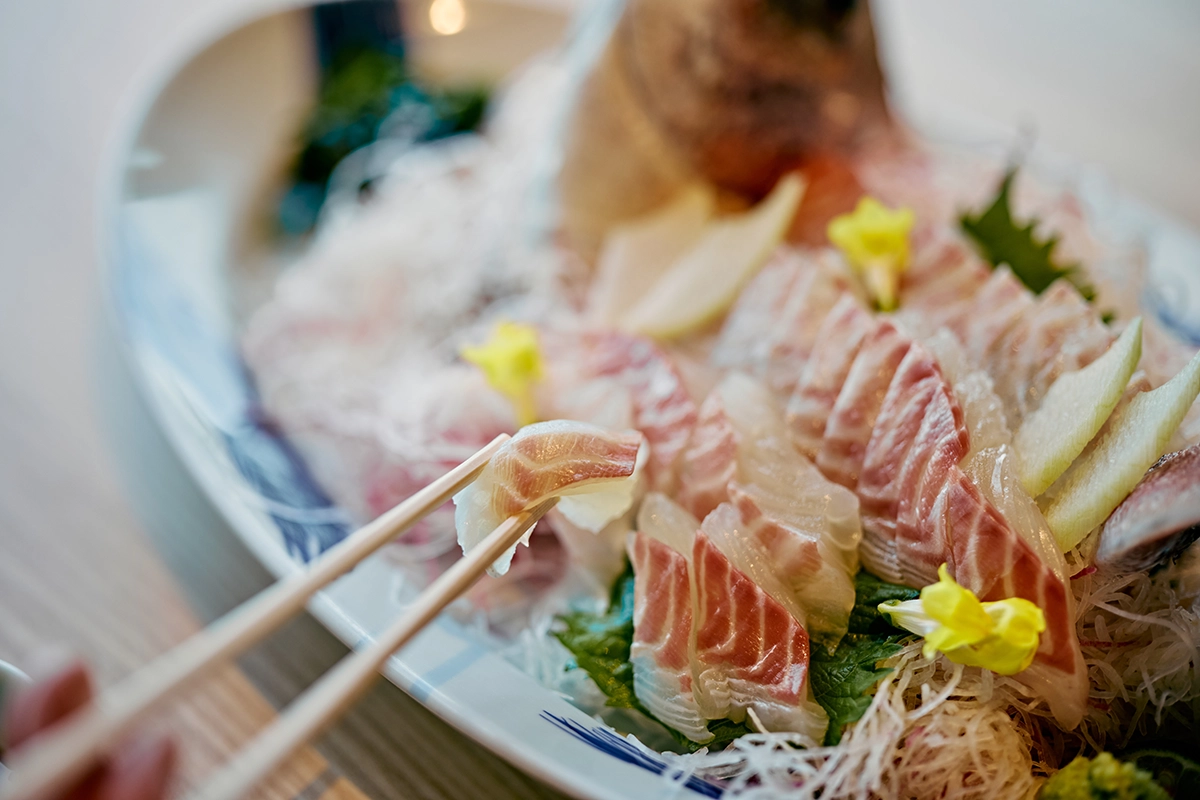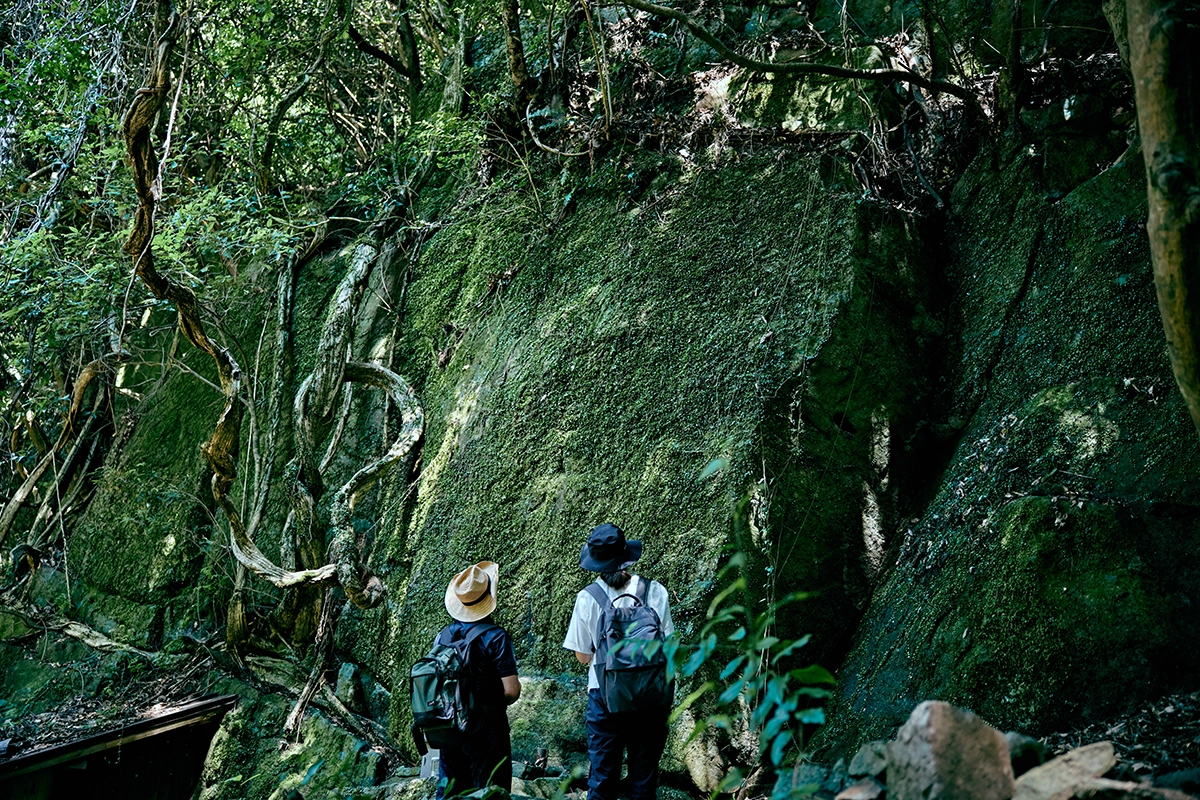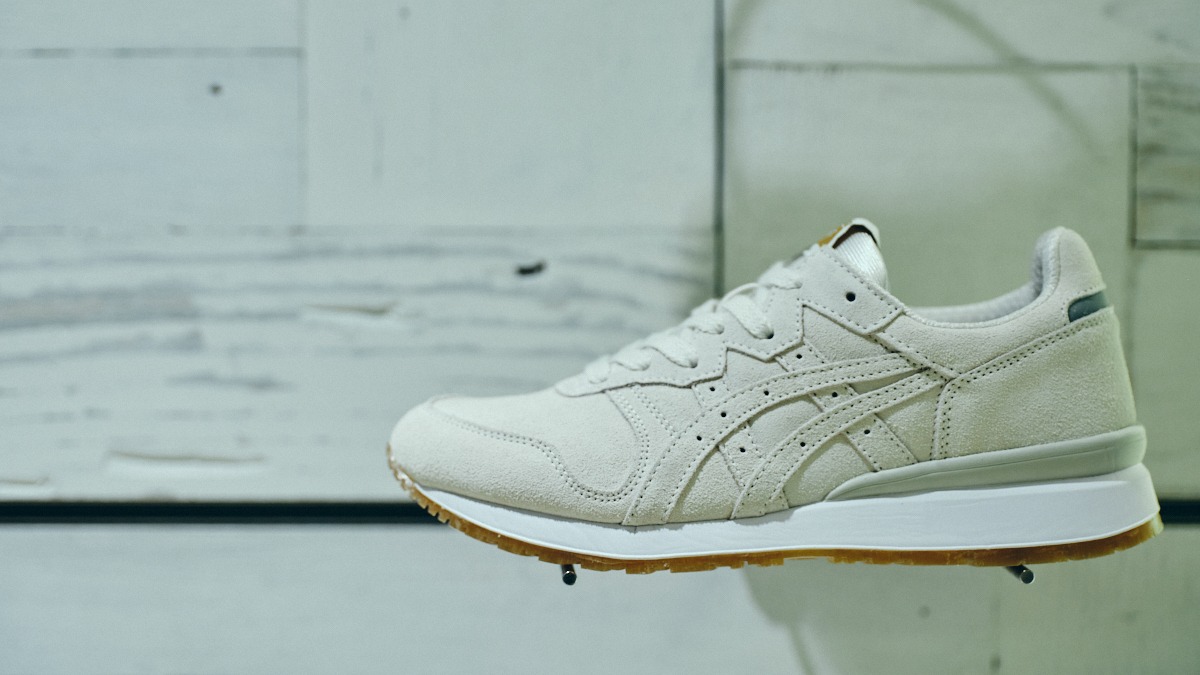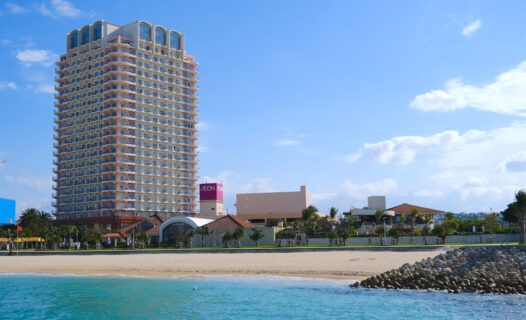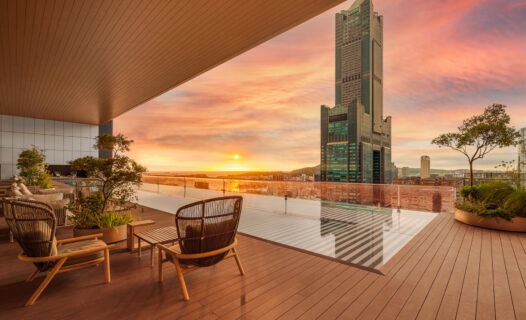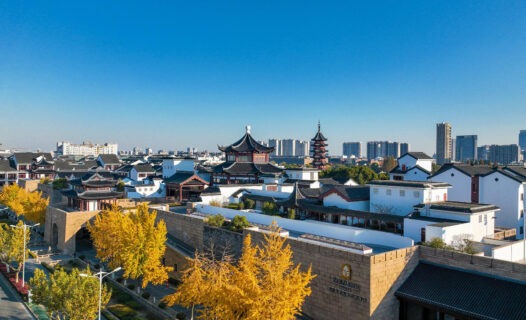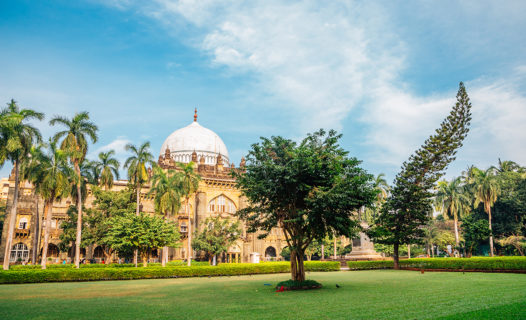Introduction
Welcome to Shibuya Scramble Crossing, one of Tokyo’s most famous intersections and a true symbol of the city’s vibrant energy! This iconic spot sees thousands of pedestrians crossing from all directions at once, creating a mesmerizing dance of movement that perfectly encapsulates the spirit of Shibuya culture. Whether you’re a first-time visitor or a seasoned traveler, experiencing the chaotic beauty of Shibuya Crossing is a must. It’s not just a crossing; it’s a cultural phenomenon that reflects the pulse of Tokyo.
Discovering Shibuya Crossing: Tokyo’s Most Iconic Intersection
Shibuya Crossing, often dubbed the world’s busiest pedestrian scramble, is a sight to behold. Located just outside Shibuya Station, this intersection has become a symbol of the city itself, attracting tourists and locals alike. With its bright neon lights, towering screens, and the thrumming energy of the crowd, it’s a scene that feels both exhilarating and surreal.
Historically, Shibuya has evolved from a quiet neighborhood into a bustling hub of fashion, nightlife, and culture. The crossing gained its fame in the 1980s, coinciding with the rise of youth culture in Japan. Today, it stands as a testament to Tokyo’s ever-changing landscape, where tradition meets modernity. Did you know that during peak hours, around 2,500 people can cross at once? This incredible flow of humanity has made Shibuya Crossing not just an intersection, but a cultural landmark filled with stories waiting to be told.
As you stand at the crossing, take a moment to soak in the atmosphere. Observe the organized chaos as people rush to and fro, all while the iconic Hachiko statue watches over them. This loyal dog, who waited for his owner every day at Shibuya Station, has become a beloved symbol of loyalty and is a popular meeting point for friends. The story of Hachiko adds a layer of warmth to this bustling intersection, reminding us of the connections we share amidst the frenzy.
For those looking to dive deeper into the history and significance of this iconic location, check out our Complete Guide to Shibuya Crossing. This guide will provide you with all the insights you need to appreciate this dynamic intersection fully.
Best Times to Experience Shibuya Scramble Crossing
If you want to capture the essence of Shibuya Crossing in a photograph, timing is everything! The best views of Shibuya Crossing can be found during the early morning hours or late at night. In the morning, the crossing is less crowded, allowing you to enjoy the serene yet electric atmosphere as the city wakes up. Late at night, the crossing transforms into a dazzling display of lights, with the neon signs illuminating the night sky and creating a magical backdrop for your photos.
For those seeking the perfect shot, consider positioning yourself at one of the surrounding buildings, like the Starbucks in the Tsutaya shopping complex. From here, you can get a bird’s-eye view of the crossing, capturing the ebb and flow of pedestrians as they navigate this urban maze. Another great spot is the Shibuya Sky, where you can enjoy panoramic views of the entire area, including the iconic crossing.
Whether you’re snapping photos or simply soaking in the atmosphere, Shibuya Crossing is a place that demands your attention. So grab your camera and get ready to capture some unforgettable moments!
Hidden Gems Around Shibuya Scramble
While Shibuya Scramble Crossing is undoubtedly the star of the show, the surrounding area is brimming with hidden gems waiting to be discovered. Venture off the beaten path and explore the quirky side streets that offer a glimpse into local life. One such spot is Shibuya’s Nonbei Yokocho, a narrow alleyway filled with tiny izakayas (Japanese pubs) that serve delicious food and drinks. This cozy atmosphere is perfect for mingling with locals and enjoying authentic Japanese cuisine.
Another delightful find is the Shibuya Art Museum, a small but impactful gallery featuring contemporary art from both Japanese and international artists. It’s a great place to escape the hustle and bustle for a moment and immerse yourself in creativity. If you’re a fan of street art, don’t miss the colorful murals scattered around the area. Keep your eyes peeled for the famous Shibuya mural near the station, which often changes and showcases local talent.
For a more tranquil experience, head to Yoyogi Park, just a short walk from the crossing. This spacious park is perfect for a leisurely stroll, a picnic, or simply unwinding amidst nature. On weekends, you might even catch local musicians or performers showcasing their talents, adding to the park’s lively atmosphere.
Ready to uncover more hidden treasures in Shibuya? Check out our Discovering Shibuya guide for a deeper dive into the local experiences that await you!
Shibuya Shopping Extravaganza: Where to Find the Best Deals
Shibuya is a shopper’s paradise, offering everything from high-end fashion to quirky local boutiques. The iconic Shibuya 109 is a must-visit for fashion enthusiasts. This multi-story shopping complex is packed with trendy clothing stores catering to Japan’s youth culture. Be prepared to spend hours browsing through the latest styles and unique finds!
If you’re in the mood for something a bit different, check out the Shibuya Mark City, which connects the station to hotels and various shops. Here, you’ll find an array of shops selling everything from cosmetics to accessories. Don’t forget to stop by the Loft, where you can find quirky home goods, stationery, and gifts that are perfect for souvenirs.
For those looking for local fashion brands, the back streets of Shibuya are dotted with independent boutiques that showcase unique pieces you won’t find anywhere else. Keep an eye out for vintage shops, too, where you can score one-of-a-kind clothing items and accessories at great prices.
Whether you’re hunting for the latest trends or unique treasures, Shibuya has got you covered! And when you’re ready to rest your feet, grab a bite at one of the many cafes or restaurants nearby.
Culinary Adventures: Savoring Shibuya’s Local Cuisine
After a day of exploring, it’s time to indulge in Shibuya’s culinary delights! The area is a food lover’s dream, offering a diverse range of dining options. Start your culinary journey at Ichiran Ramen, famous for its delicious tonkotsu ramen and unique dining experience where you can enjoy your meal in private booths. It’s a must-try for any ramen enthusiast!
If you’re in the mood for sushi, head to Sushi Zanmai, where you can enjoy fresh, high-quality sushi at reasonable prices. The lively atmosphere and friendly staff make it a great place to experience authentic Japanese dining.
For a taste of local street food, wander through the Shibuya Street Food Market, where you can sample various delights, from takoyaki (octopus balls) to sweet crepes. Don’t miss trying taiyaki, a fish-shaped pastry filled with sweet red bean paste or custard—perfect for satisfying your sweet tooth!
As you explore the culinary scene, keep an eye out for hidden gems like local izakayas tucked away in alleyways, where you can enjoy small plates and drinks in a cozy setting. The flavors of Shibuya are sure to leave a lasting impression!
Shibuya Nightlife: After Dark Adventures
As the sun sets, Shibuya transforms into a vibrant nightlife hub! From lively bars to energetic clubs, there’s something for everyone. Start your evening at Nonbei Yokocho, where you can hop between cozy izakayas and enjoy drinks with friends. The intimate setting and friendly locals make it a fantastic spot to kick off your night.
If you’re looking to dance the night away, head to WOMB, one of Tokyo’s most famous nightclubs, known for its impressive sound system and international DJs. The pulsating beats and electric atmosphere will keep you moving until the early hours!
For a more laid-back vibe, check out Shibuya’s rooftop bars like Sky Lounge, where you can sip on cocktails while enjoying breathtaking views of the city skyline. It’s the perfect way to unwind after a long day of exploring.
Don’t forget to check out local street festivals if you’re in Shibuya during the summer months. These lively events feature food stalls, performances, and a chance to experience the local culture in a festive atmosphere.
Shibuya’s Cultural Experiences: Festivals and Events
Shibuya is not just about shopping and nightlife; it’s also a hub for cultural experiences and festivals that showcase the vibrant local spirit. One of the most famous events is the Shibuya Halloween Parade, where thousands of revelers don creative costumes and parade through the streets, creating a colorful spectacle. If you’re in town in late October, this is an event you won’t want to miss!
Another highlight is the Shibuya Summer Festival, featuring traditional performances, food stalls, and fireworks that light up the night sky. During this time, you can also witness the Bon Odori dance, a traditional Japanese dance performed during the Obon festival, celebrating the spirits of ancestors.
Throughout the year, various art exhibitions, live performances, and cultural events take place in Shibuya, making it a dynamic district that celebrates creativity and community. Check local listings to find out what’s happening during your visit!
Transportation Tips: Getting Around Shibuya and Beyond
Getting around Shibuya is a breeze, thanks to its extensive public transport network. The Shibuya Station is a major hub for several train lines, including the JR Yamanote Line, which connects you to other popular districts like Harajuku and Shinjuku. Purchasing a Pasmo or Suica card is highly recommended, as these rechargeable cards make traveling on trains and buses hassle-free.
Once you’re in Shibuya, the area is very walkable, allowing you to explore the sights at your own pace. Don’t hesitate to take a stroll through the nearby streets, where you’ll discover charming shops, cafes, and street art. If you prefer a guided experience, consider joining a walking tour to learn more about the area’s history and culture.
For those venturing further out, taxis are readily available, but be mindful of the fares, especially during late-night rides. Rideshare services are also an option if you prefer a more convenient way to get around.
Outdoor Activities: Enjoying Nature in Shibuya
Amidst the urban hustle, Shibuya offers pockets of green where you can escape the city’s fast pace. Yoyogi Park is a favorite among locals and visitors alike. This expansive park is perfect for jogging, picnicking, or simply enjoying a peaceful moment. On weekends, it’s common to see groups practicing yoga, playing music, or even hosting impromptu dance parties!
Another lovely spot is the Shibuya River Walk, which provides a scenic route along the river. This area is great for a leisurely stroll, especially during cherry blossom season when the trees burst into bloom, creating a picturesque backdrop for your walk.
If you’re feeling adventurous, consider renting a bike to explore the area further. Several rental shops are available, allowing you to enjoy the fresh air while discovering hidden corners of Shibuya.
Shibuya Street Art: A Creative Exploration
Shibuya is a canvas for creativity, with vibrant street art adorning its walls. As you wander through the streets, take a moment to appreciate the colorful murals and graffiti that reflect the district’s artistic spirit. One notable spot is the Shibuya Wall, where you can find large-scale murals created by both local and international artists.
Keep an eye out for pop-up art installations that often appear around the area, showcasing the work of emerging artists. These temporary exhibits add to the dynamic atmosphere of Shibuya and are perfect for art enthusiasts looking to experience something unique.
For those interested in street art tours, consider joining a guided walk that focuses on the history and significance of the art in Shibuya. It’s a fantastic way to learn more about the artists and the messages behind their work!
Day-by-Day Itinerary: Making the Most of Your Shibuya Visit
Planning your Shibuya visit? Here’s a suggested itinerary to help you make the most of your time:
Day 1: Explore the Crossing and Surroundings
- Morning: Start your day at Shibuya Crossing and grab a coffee at the nearby Starbucks for a great view.
- Afternoon: Visit the Hachiko Statue and stroll through Yoyogi Park.
- Evening: Enjoy dinner at Ichiran Ramen and explore Nonbei Yokocho for drinks.
Day 2: Shopping and Culture
- Morning: Shop at Shibuya 109 and browse local boutiques.
- Afternoon: Visit the Shibuya Art Museum and discover hidden gems.
- Evening: Experience Shibuya’s nightlife at WOMB or a rooftop bar.
Day 3: Culinary Delights and Outdoor Fun
- Morning: Enjoy a leisurely breakfast at a local cafe.
- Afternoon: Explore Shibuya River Walk and have a picnic at Yoyogi Park.
- Evening: Savor sushi at Sushi Zanmai and catch a local festival if available.
This itinerary offers a balanced mix of iconic sights, shopping, and local experiences, ensuring you get a taste of what Shibuya has to offer!
Fun Facts About Shibuya Scramble Crossing
Did you know that Shibuya Crossing has appeared in numerous films and TV shows, making it a recognizable symbol of Tokyo worldwide? It’s often featured in scenes that capture the essence of urban life!
Another fun fact: the crossing is equipped with a special traffic light system that allows pedestrians to cross in all directions at once! This unique feature is what creates the iconic scramble effect, with people flowing like a river from every corner.
And here’s a quirky tidbit: the crossing has its own dedicated camera feed that streams live footage of the intersection online! So, if you ever want to check out the crossing from afar, just search for Shibuya Crossing live cam!
Practical Information for Travelers: Tips and Resources
Before you set off on your Shibuya adventure, here are some practical tips to keep in mind:
- Opening Hours: Many shops and restaurants in Shibuya open around 10 AM and close between 8 PM and midnight, but some bars and clubs stay open much later.
- Safety Guidelines: Shibuya is generally safe for tourists, but always be mindful of your belongings in crowded areas.
- Local Customs: When dining in restaurants, it’s customary to say “Itadakimasu” before your meal and “Gochisosama deshita” after finishing.
For more detailed information on Shibuya, be sure to check out our Complete Guide to Shibuya Crossing!
Seasonal Travel Insights: Best Times to Visit Shibuya
Shibuya offers a unique experience in every season. Spring is particularly beautiful with cherry blossoms blooming in Yoyogi Park, making it a picturesque time to visit. Summer brings lively festivals and outdoor events, while autumn showcases stunning foliage in the parks.
Winter is magical in Shibuya, especially during the holiday season when the area is adorned with beautiful illuminations. The festive atmosphere is perfect for enjoying seasonal treats and shopping for unique gifts.
Regardless of when you visit, Shibuya has something special to offer, so plan your trip accordingly to make the most of your experience!
Commonly Asked Questions (FAQs) About Shibuya
Q: What is the best time to visit Shibuya Crossing?
A: The crossing is most vibrant during the evening when the neon lights shine bright. However, early mornings provide a quieter atmosphere for photos.
Q: Are there any good restaurants near Shibuya Crossing?
A: Absolutely! There are plenty of dining options ranging from casual eateries to upscale restaurants. Don’t miss trying local favorites like ramen and sushi!
Q: How do I get to Shibuya from Narita or Haneda Airport?
A: You can take the Narita Express or the Keikyu Line from Haneda, both of which connect to Shibuya Station. It’s convenient and well-signposted!
For any other questions or more detailed travel tips, be sure to check out our extensive guides on Shibuya and Tokyo!

